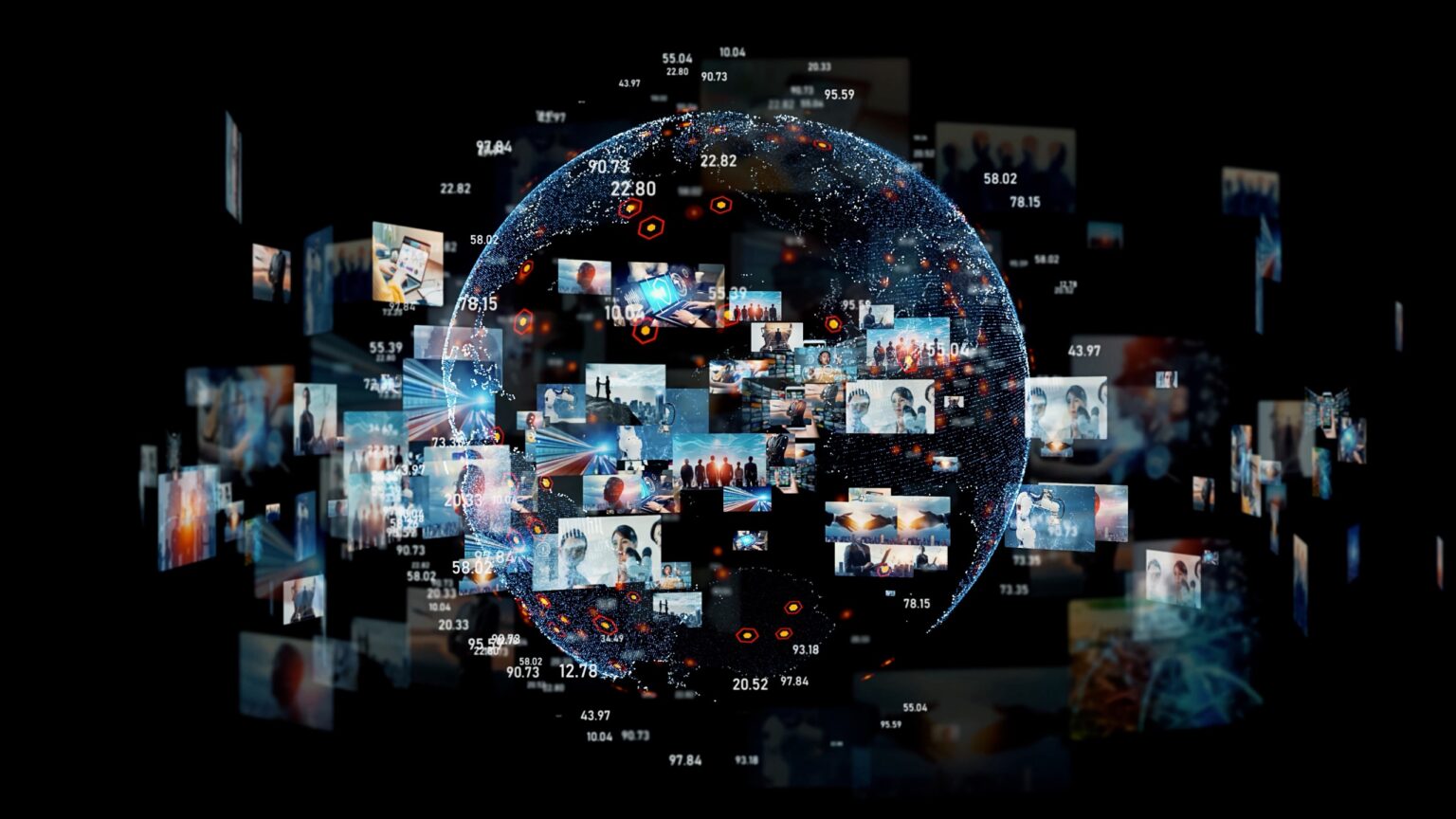OpenAI is negotiating with CNN to license articles from CNN produced by Warner Bros. Discovery, Inc. The negotiations will involve training ChatGPT and featuring CNN’s content in OpenAI’s products, and this extends beyond text licensing to encompass video and image content.
Concurrently, OpenAI is in talks with major media outlets, including FOX Corporation and Time, to secure licensing agreements for their content. CNN and FOX are not just negotiating around licensing text but also video and image content. This comes as OpenAI seeks to improve its artificial intelligence (AI) products while addressing copyright infringement allegations.
#OpenAI engages with top media houses like CNN, Fox, and Time for content licensing amid legal hurdles. Aiming to blend #AI innovation with traditional journalism, but will the industry adapt? 🤖📰 pic.twitter.com/iUq0TEhkRl
— BrotherHood (@BHVenture) January 11, 2024
OpenAI is the parent company behind ChatGPT, an AI tool with which users can get text, code, and other content by using simple prompts. They seek agreements with several news channels, video, and other digital media. These media outlets will make the AI chatbot more accurate, up-to-date, and relevant.
Time’s Chief Executive Officer, Jessica Sibley, said that the publisher is in discussions with OpenAI, and they are optimistic about reaching an agreement that reflects the fair value of their content.
Significantly, OpenAI’s partnerships are key to their future, as they balance the need for updated, accurate data. It is also developing its models with public scrutiny about where that data is sourced from.
OpenAI and Times
In December 2023. The New York Times sued OpenAI and Microsoft over AI use of copyrighted work.
AI is definitely using the best writing in the world as free raw material to train the machines, without their permission. The goal: making AI a better writer than humans. Isn't a simple solution requiring an "opt-in" for AI? https://t.co/RHT5ndjUAl
— Troy Johnson (@_troyjohnson) January 8, 2024
One of the companies the AI startup had been in talks with, the New York Times, sued OpenAI and Microsoft late last month for using the publication’s articles without permission. In response, OpenAI said the New York Times’s lawsuit against it is without merit.
An OpenAI spokesperson responded to a request to comment on publisher talks, and he pointed to the company’s recent blog post. According to the blog post, their goals are to support a healthy news ecosystem, be a partner, and create mutually beneficial opportunities.
Additionally, the company said it has pursued partnerships with news organizations to train its AI systems on non-publicly available content and show real-time content with attribution in ChatGPT.
OpenAI in talks with other media outlets
Interestingly, not all big publishers are in a hurry to go into negotiations with OpenAI.
OpenAI is in talks with the News/Media Alliance to explore opportunities, discuss concerns, and provide solutions. The News/Media Alliance is a trade group that represents over 2,200 media outlets worldwide.
However, the AI startup is in conversations with Gannett, News Corp., and IAC, according to recent reporting from the New York Times.
CNN, Fox Corp and Time are reportedly among "dozens" of publishers now negotiating for licensing deals with OpenAI.
OpenAI added that it is also talking to the News/Media Alliance “to explore opportunities, discuss their concerns, and provide solutions”.https://t.co/VJlKs0COdX
— Press Gazette (@pressgazette) January 11, 2024
Consequently, other big media companies are ready to enter negotiations with OpenAI. Guardian News & Media, which publishes The Guardian, said they have had prior dialogue with a wide range of developers, including OpenAI. They expect to transition into commercial discussions on using journalism to build and power OpenAI’s products.
Recently, OpenAI linked a multiyear licensing deal with Politico’s parent company, Axel Springer SE, for tens of millions of dollars. Also, they announced an agreement with the Associated Press for an undisclosed amount in July.
Copyright law and generative AI
A Senate Judiciary subcommittee held a hearing on Wednesday about the oversight of AI in journalism. During the hearing, Condé Nast CEO Roger Lynch urged Congress to enact rules that copyrighted content must require a license for commercial generative AI. According to him, current generative AI tools have been built with stolen goods.









 and then
and then